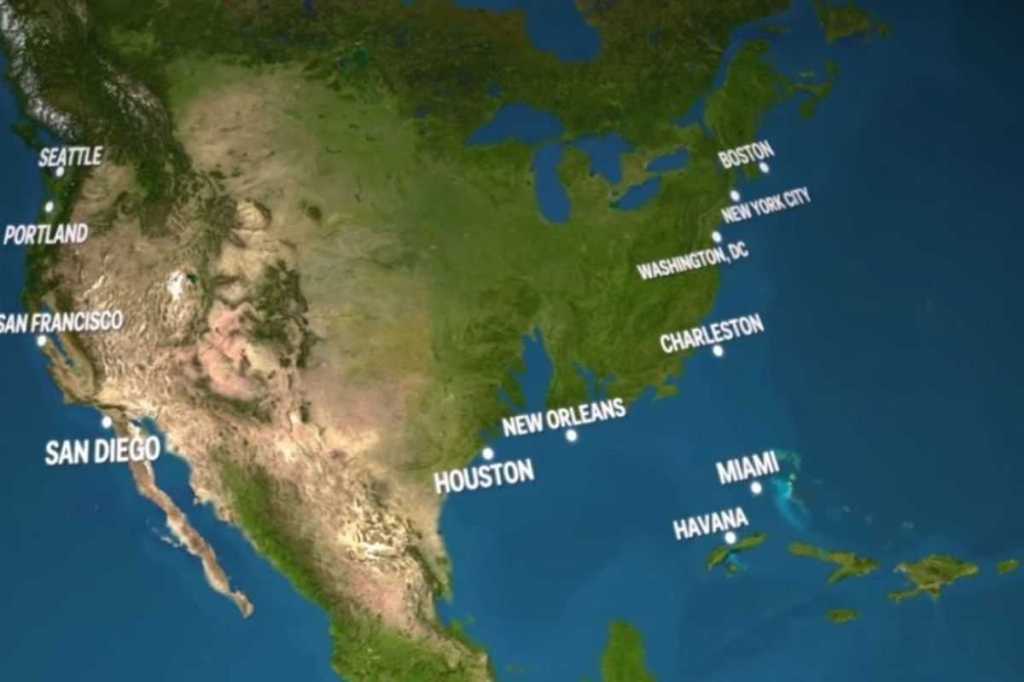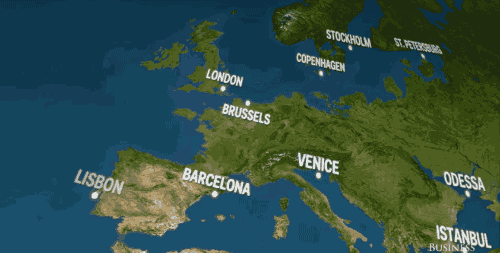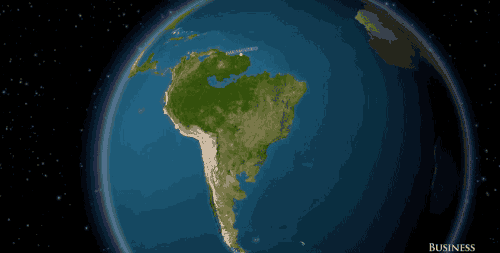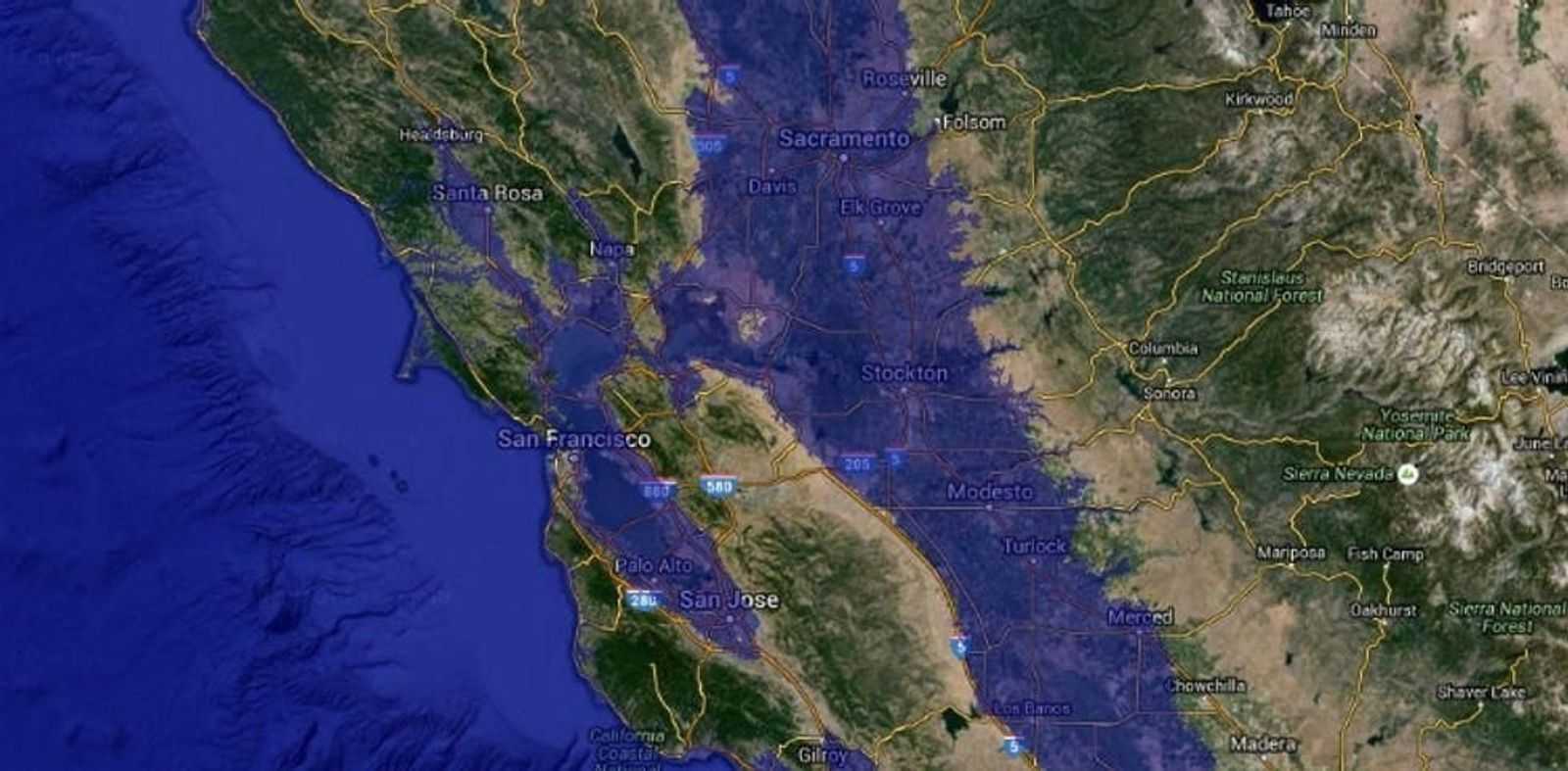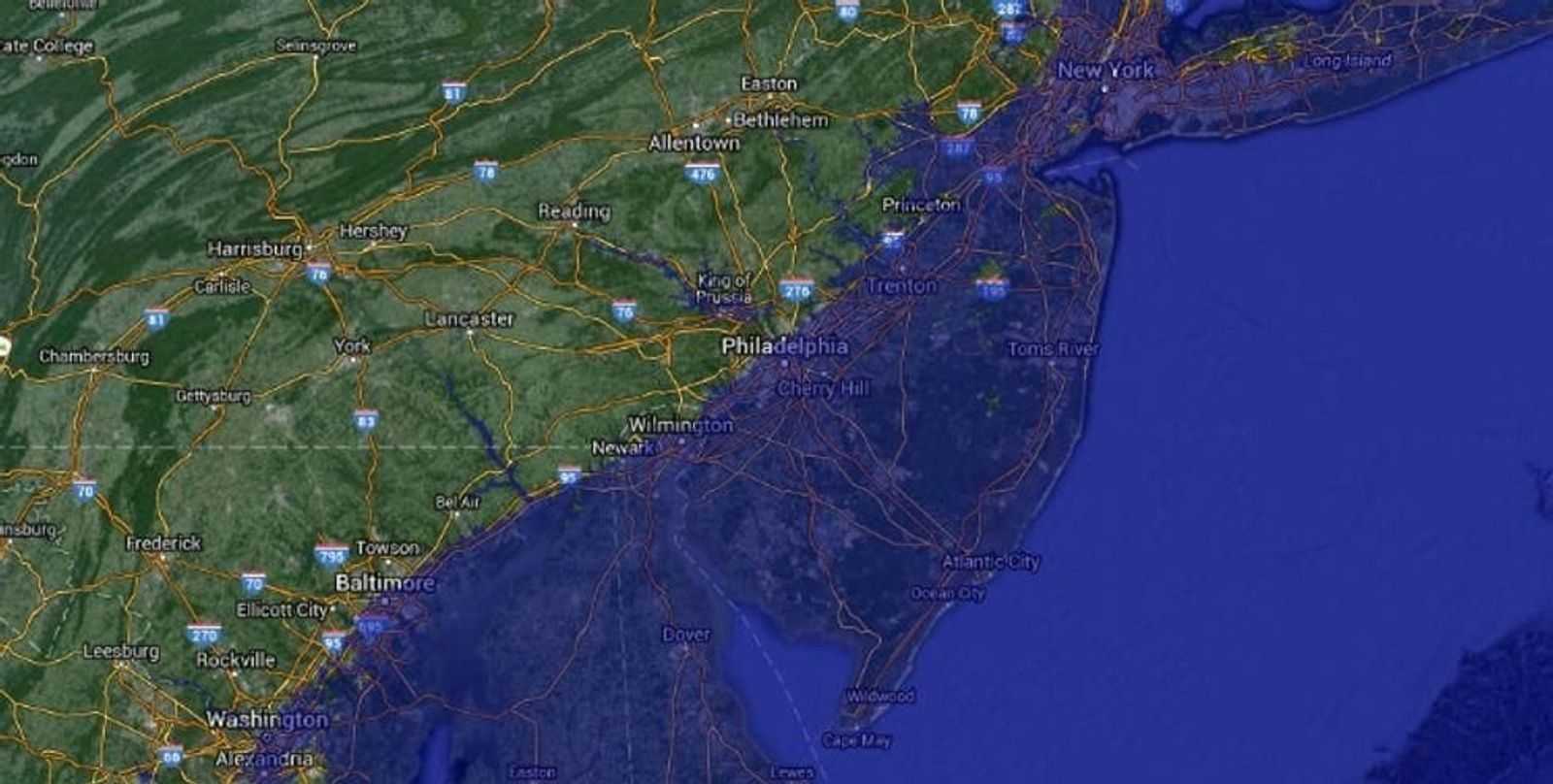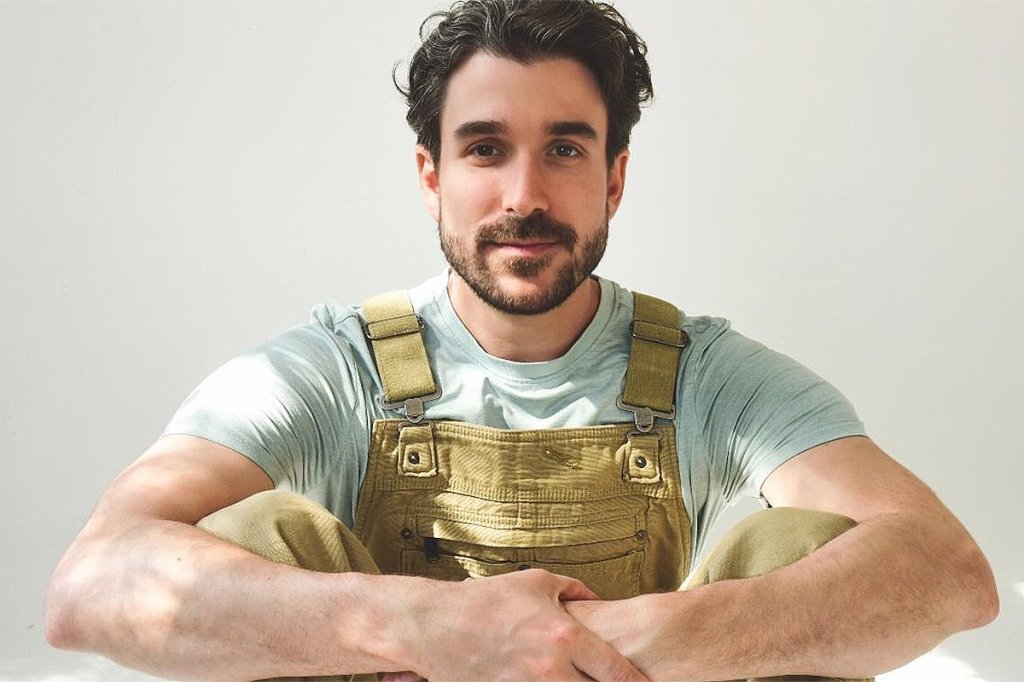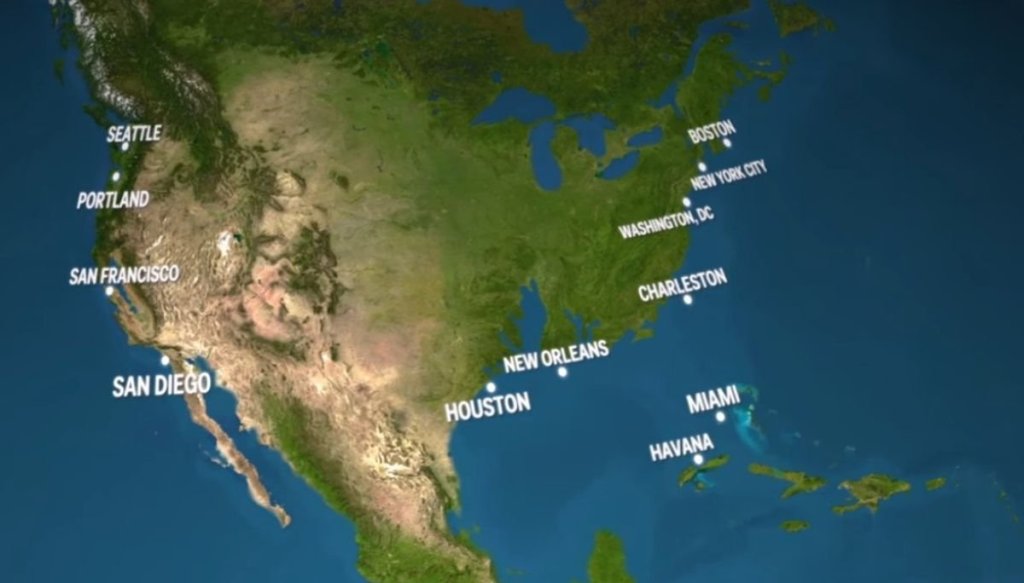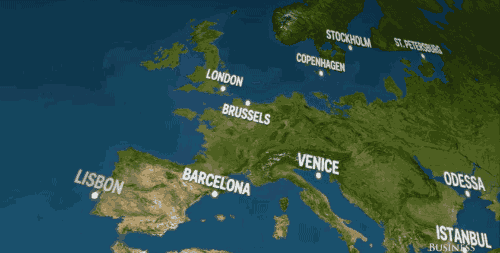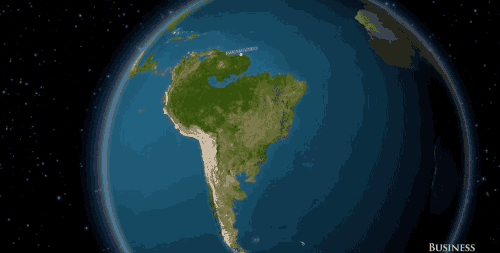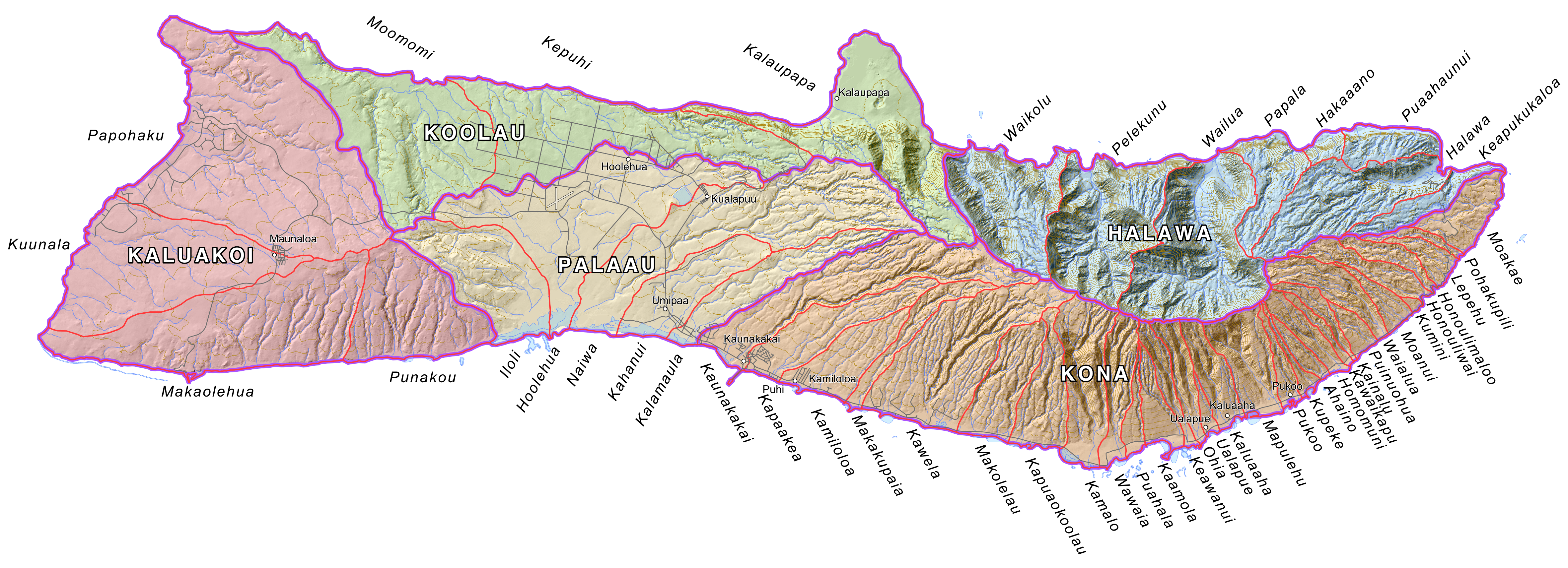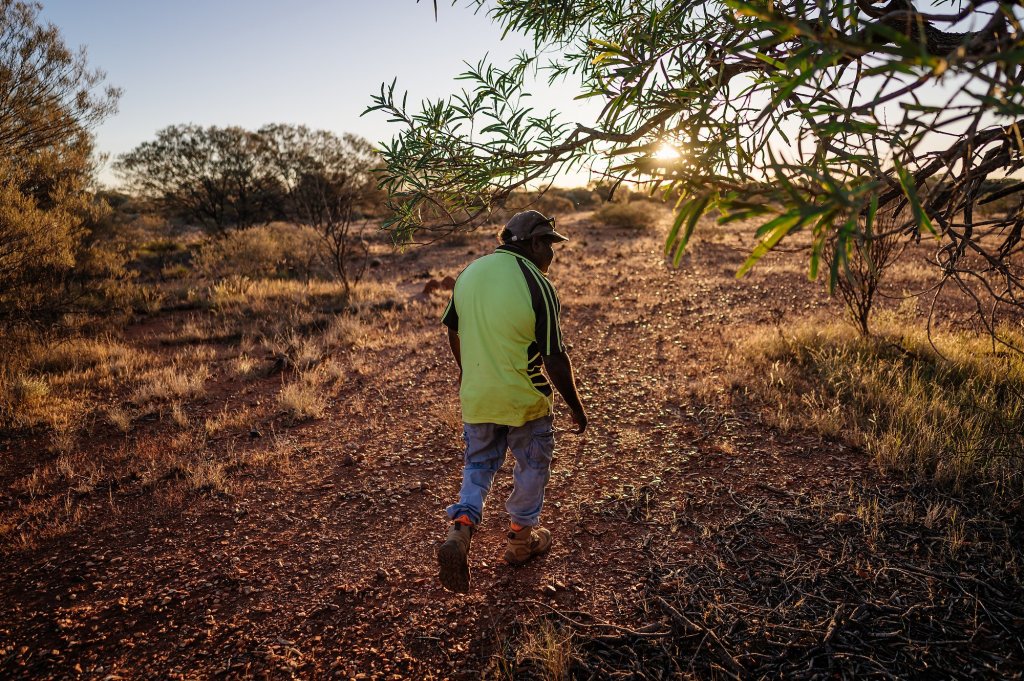Kenya celebrated its first “special holiday” dedicated to planting trees on Monday, November 13. The day was declared on November 6 by Kithure Kindiki, Kenya’s cabinet secretary for the Interior, who wrote, “The public across the Country shall be expected to plant trees as a patriotic contribution to the national efforts to save our Country from the devastating effects of Climate Change.”
To support the country’s efforts, the Kenyan government made 150 million seedlings available to its citizens via public nurseries and hopes that each of them will plant two trees to help reverse the effects of climate change.
The government hopes that 100 million trees will be planted on the holiday.
The holiday is part of Kenya’s Landscape and Ecosystem Restoration Programme, which aims to grow and nurture 15 billion trees by 2032. From 1990 to 2010, Kenya’s forest cover was reduced from 12% to 6%, according to UN estimates. However, conservation efforts over the past 12 years have increased to 9%.
The UK’s King Charles, who has been a lifelong environmental advocate, praised the country’s efforts at reforestation. “Having been planting trees for most of my life, I thought I was doing rather well, but your ambition for planting 15 billion trees makes me admire your efforts,” King Charles said at a state banquet.
Planting trees is one of our best tools for fighting climate change because they can absorb carbon dioxide, a major greenhouse gas, from the atmosphere. They also provide shade, reducing the need for air conditioning while releasing oxygen, which supports biodiversity.
A typical hardwood tree can absorb 48 pounds of carbon dioxide a year, which adds up to approximately a ton by the time it reaches 40. Unfortunately, humans dump about 40 billion tons of carbon dioxide into the air yearly.
The holiday was celebrated by many in the rural parts of Kenya. Dozens of people came together to plant trees near the source of Kenya’s second-longest river, Athi. “I have come to plant trees here because our water levels have been diminishing. Even here at the river source, the levels are very low, trees have been cleared,” local resident Stephen Chelule told the BBC.
Planted…. pic.twitter.com/XV22aHgHe2— Ahmednasir Abdullahi SC (@ahmednasirlaw) November 13, 2023
Watu wakanairo washaanza kupanda miti as early as Now taking advantage of the morning rain….. Wee kaa hapo waiting uletewe Land kwa bed Yako. pic.twitter.com/TYzVTApuvk— Mike Sonko (@MikeSonko) November 13, 2023
Raila Odinga plants a tree in Homa Bay in honour of National Tree Growing Day pic.twitter.com/0oThpy20Kq— Kenyans.co.ke (@Kenyans) November 13, 2023
The Kenyan tree-planting holiday reminds people of the tremendous power they can have when they come together for a common cause. What if people in countries across the world made the same commitment?
The United States has 11 federal holidays, which are all dedicated to significant historical events and people. We also have Arbor Day, where people are encouraged to plant trees, and in 2022, the National Arbor Day Foundation says it helped plant more than 630,000 trees worldwide. Consider this: If we made Arbor Day a Federal Holiday where everyone gets the day off, and asked to plant two trees each, that would be over 660 million trees a year!
The Kenyan tree-planting holiday reminds people of the tremendous power they can have when they come together for a common cause. What if people in countries across the world made the same commitment?
In the United States, we have Arbor Day, where people are encouraged to plant trees, and in 2022, the National Arbor Day Foundation says it helped plant more than 630,000 trees worldwide. However, what if we made Arbor Day a Federal Holiday where everyone gets the day off, and is expected to plant two trees each? That’d be over 660 million trees a year!
The United States has 11 federal holidays, which are all dedicated to significant historical events and people. But given the incredible climate crisis we face, it would be beneficial to add one more where Americans come together to do something extraordinary for the planet that has given us so much.








